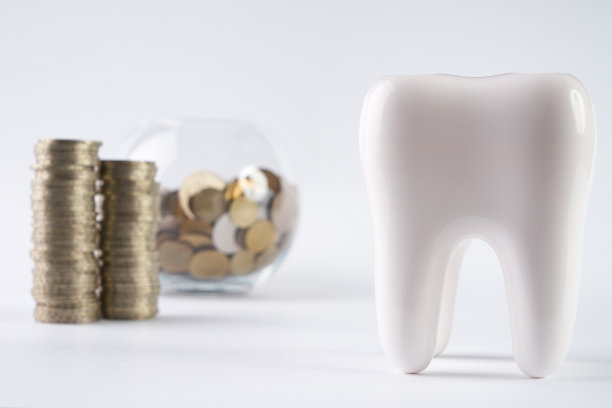Essential Guidelines and Precautions to Consider Before Undergoing Dental Implantation for Optimal Results
Summary: Dental implantation is a vital procedure that can significantly enhance one’s quality of life by restoring lost teeth. However, to achieve optimal results, prospective patients must consider essential guidelines and precautions before proceeding. This article discusses four critical aspects: selecting the right dental implant specialist, evaluating overall health conditions, understanding the procedure and aftercare, and setting realistic expectations. Thorough preparation and informed decision-making can lead to successful outcomes, reduced risks, and a smoother recovery process. By paying attention to these guidelines, individuals can confidently embark on their journey toward a healthier smile.
1. Choosing the Right Dental Implant Specialist

One of the most crucial steps in the dental implantation process is selecting the right specialist. Researching potential dentists or oral surgeons is vital to ensure that they are adequately qualified and experienced in performing dental implant procedures. Look for certifications, training, and before-and-after photos of previous patients as forms of evaluation.
Another essential consideration is the dentists reputation. Reading reviews or testimonials can provide insight into patient satisfaction, the specialist’s skills, and their overall success rate with implants. Consult with friends or family members for recommendations, which can also help in narrowing down your options.
Once youve shortlisted potential providers, schedule consultations with them. This face-to-face interaction allows you to gauge their approach, communication style, and willingness to answer your concerns. It’s essential that you feel comfortable and confident in your choice, as this relationship will play a significant role in your treatment experience.
2. Evaluating Overall Health Conditions
Before undergoing dental implantation, it is important to assess your overall health condition. Various medical issues, such as uncontrolled diabetes, autoimmune disorders, and chronic respiratory diseases, can affect the success of implants. An honest discussion with your healthcare provider about these conditions is crucial.
Bone density is another critical factor to consider. Adequate jawbone is necessary for the stability of the implant; if you have experienced bone loss, additional procedures, such as bone grafting, may be required. A thorough examination by your dental specialist can help determine if your jawbone is suitable for implants.
Moreover, lifestyle choices, such as smoking and excessive alcohol consumption, can hinder the healing process and negatively impact implant success. It’s advisable to make necessary lifestyle changes before undergoing the procedure, such as quitting smoking or adopting a healthier diet, to enhance recovery potential.
3. Understanding the Procedure and Aftercare
To ensure optimal results, a prospective patient should have a comprehensive understanding of the dental implantation procedure. Initially, the process begins with an evaluation to determine if implants are suitable for you, followed by imaging tests like X-rays or CT scans to plan the placement.
During the implantation procedure itself, anesthesia is used to ensure comfort. After the implant is placed within the jawbone, osseointegration—where the bone integrates with the implant—occurs. This can take several months, during which aftercare is vital for proper healing. Your dentist will provide detailed aftercare instructions, including pain management and hygiene practices.
Post-procedure follow-up visits are also essential to monitor healing progress and resolve any complications. Its crucial to adhere strictly to your dentist’s aftercare guidelines, as neglecting these can lead to infections or implant failure.
4. Setting Realistic Expectations
Finally, setting realistic expectations regarding dental implants is essential. It’s important to understand that while dental implants can provide long-lasting results, they may not be a one-size-fits-all solution. Many factors influence the success of the implants, including overall health, the quality of bone, and personal commitment to aftercare.
Patients should anticipate some discomfort or swelling after the procedure, which is normal and typically manageable. Discussing potential outcomes with your dentist can help create an informed outlook for your treatment results and timelines.
Additionally, examine the financial implications of the procedure. Dental implants can be an investment, and knowing what to expect in terms of costs and possible follow-up treatments can help set a realistic budget and alleviate unexpected financial stress.
Summary:
In conclusion, undergoing dental implantation is a significant decision that requires careful consideration and preparation. By focusing on choosing the right specialist, evaluating health conditions, understanding the procedure, and setting realistic expectations, patients can enhance their chances of achieving optimal results.
This article is compiled by Vickong Dental and the content is for reference only.



